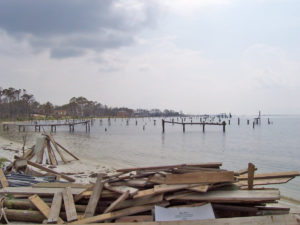To Make Real Change, Change the Culture

An energy consultant I’ve known since high school raised a frustration he has in his work:
Sadly, the biggest problem is culture, Shel Horowitz. Building owners have a mentality in their culture, in their business dealings of loving the status quo. I can’t tell you how many times I have offered free energy audits, to give them information and tips to save money, and they turn it down. Free (no obligation). They just don’t want to know. I have been involved in many proposals for simple upgrades with numbers that show that this will help their bottomline ($$$), for solar panels or LED lights, and they say no. As long as money is flowing in, they don’t want to change. How do you get over that mindset?
And I responded,
You have to approach changing culture with the mentality of a marketer and organizer–this is what I do, and I’ve helped to change some cultures in my time. Think about what the world was like when you and I met in the early 1970s: Environmental consciousness was close to zero. Most families had never tried organic produce, or tofu, or even yogurt. War was still raging in Vietnam, and you could be drafted at 18 but had to be 21 to vote. South Africa and Rhodesia had rigid apartheid. Dictators were running things in places like Spain. All of these changed because organizers and marketers changed the culture. When I moved to my current town of Hadley, in 1998, the dominant paradigm was “You can’t change Town Hall.” 14 months later, our landscape was threatened and I launched Save the Mountain, and did so with mom-and-apple-pie messaging like “[developer’s name] has wildly underestimated the love the people of Hadley have for this mountain.” I knew we’d win, but I expected it to take five years. We did it in just 13 months!
It’s true that culture change is usually neither easy nor fast. But it DOES happen. Usually, it happens because people’s movements for change bubble up from the grassroots. Sometimes, technological shifts speed the process of change, turbocharge it. As one example, the widespread acceptance of clean energy had to do with technological shifts that made those choices economically as well as environmentally superior–but it was the widespread rejection of dangerous, polluting energy systems such as fossil and nuclear that created the momentum behind the technological growth and price drops/efficiency increases.
I would suggest to my old friend that his offers need to be phrased in terms of how they mitigate pain and add profit. Marketing to others’ self–interest in order to foster your own agenda of social and environmental progress is totally legitimate. And if the case is made properly, they will see that the cost of moving forward is lower, and the benefits higher, than the cost and benefits of keeping things as they are.

